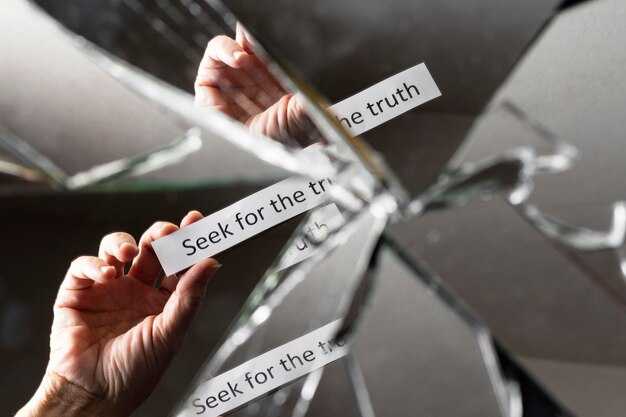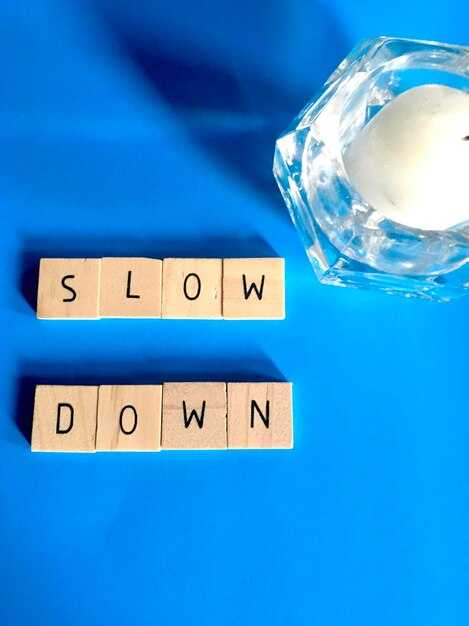如果你结束了一段你真正重视的感情,现在却开始怀疑这个选择,想知道是否应该再给彼此一次机会,那么这段文字是为你而写的。时间和距离会模糊真相,所以试着诚实地回答这些问题,尽量少带情绪:你是否一直被重视和关心,不是完美,而是经常性的?你是否受到了尊重?你的底线是否被尊重,还是反复被无视?在亲密时刻,你是否感到过被强迫或胁迫?当他们伤害你时,即使是无意的,他们是承担责任并道歉,还是用诸如“你小题大做了”、“你太敏感了”或“总是我在被妖魔化——我做什么都不够好”这样的话把责任推到你身上?你的情绪和观点重要吗,还是被否决和无效化了?这段关系是否为你的生活增加了真正的价值和幸福感,还是你发现自己一直在扭曲自己去迁就一个从不回报的人?重要的是要如实地说明你在那段关系中的真实感受,因为很多人会为留下而辩解——说诸如“他们内心深处是个好人”、“他们经历过创伤”、“他们需要我”,或者“他们在戒酒、戒吼叫或控制愤怒方面有所改进”。这些解释并不能抹去你被对待的现实。如果问题是要不要再给他们一次机会,答案是否定的。吉莲·塔雷基(Jillian Tareki)将离开一个你爱却无法满足你需求的人,描述为你能做出的最勇敢的选择之一。这段关系的结束证明了他们没有满足你的需求;这不一定意味着他们是个坏人,但可能会让他们成为不适合你的伴侣。你不应该为了得到重视而证明自己的价值,也不应该乞求别人以让你感到被看见的方式来爱你。允许自己哀悼这段失去——即使是在一段短暂的关系之后,感到悲伤也是很自然的。允许与这个过程相关的所有情绪的出现,但要记住,悲伤并不一定意味着分手是个错误。让自己从一段不健康或不合适的关系中抽身需要力量和情感上的成熟,这值得肯定。通常,人们怀念的不是真实的人,而是他们潜在的样子——一个本可以重视你并让你感到安全的人。这种可能性的闪现可能出现过,但它们是不稳定的;不要把希望和现实混为一谈。他们反复地展示了他们愿意并且能够给予的关心和存在的程度——以及他们能够容忍的忽视。当一个人展现出他们的真实面目时,相信它。你的直觉知道你值得更好的;你没有反应过度——你只是在维护你的需求。相信这个决定,并找到前进的力量。想念他们是很正常的,但要抵制住联系他们、安慰他们或重新揭开旧伤的冲动——他们不能再是你的首要任务了。花时间疗伤,如果他们试图让你感到内疚或迫使你留下“为了澄清”或让他们感到舒适,那就进一步证明了这种关系是不健康的,离开是必要的。保持坚强,保持安全,记住你值得尊重、关心和恢复和发展的机会。.

帮助你做出决定并疗愈的实用步骤和注意事项:
- 在联系之前,给自己时间和空间:设置一个非联系期(哪怕只是几周),让情绪沉淀下来,更清楚地看待这段关系。.
- 要求改变的切实证据,而非承诺:真正的改变是可衡量的、一致的,并且贯穿于各种情况,而不仅仅发生在孤立的时刻或对他们有利的时候。.
- 要求问责:如果他们拒绝承认伤害、尽量减轻伤害或转移责任,和解是不安全的。真正的问责包括了解哪里出了问题、承担责任以及概述改变的步骤。.
- 设立明确的界限并坚守:决定你能接受和不能接受的事情(沟通方式、对界限的尊重、诚实),并做好准备,如果这些界限被侵犯,就通过离开来维护它们。.
- 谨慎考虑寻求专业帮助:伴侣疗法只有在双方都真正致力于改变且治疗师持有执照时才有效。如果存在虐待,请先寻求个人治疗和安全计划,而不是伴侣疗法。.
- 观察压力下的行为:真正的改变体现在一个人在困境中(压力、失望或被触怒时)的行为方式——而不仅仅是在他们试图赢回你的时候。.
- 利用你的支持网络:与信任的朋友、家人或治疗师交谈,他们可以提供意见并让你对自己的需求和界限负责。.
- 保护您的安全和福祉:如果存在任何胁迫、操纵、肢体暴力、跟踪或情感虐待的迹象,请优先考虑您的安全,并在考虑联系之前咨询当地资源或热线电话。.
如何评估“他们变了”的说法:

- 寻找持续、独立的证据:减少物质使用、持续参与治疗、熟人报告的行为方面的实际改变,以及数月来情绪调节能力的提高。.
- 要求具体说明和计划:模糊的道歉是不够的。有意义的计划包括他们会如何做出改变,如何应对挫折,以及如何展现对您界限的尊重。.
- 坚持透明公开并愿意承担后果:如果他们反应带有防御性,进行煤气灯操纵,或者试图催促你原谅,他们就还没有准备好把你的需求放在首位。.
自我关怀与恢复技巧:
- 记录你在感情中注意到的感受和模式——这有助于明确你离开的原因,并防止美化过去。.
- 建立新的日常习惯和小目标,以重建掌控感和动力。.
- 与那些认可和支持你的人保持联系;孤立会让你更难保持客观。.
- 允许自己悲伤,也允许自己庆祝离开那些无法满足你需求的事物的决定。.
- 如果你正受困于侵入性思维或难以正常运作,请寻求心理健康专业人士的帮助——治疗可以加速康复,并帮助你保护未来的关系健康。.
何时可能适合和解(极少,且仅在严格条件下):双方都承担责任;有透明、持续的改变证据;就明确的界限和后果达成一致并遵守;并且随着时间的推移,你感觉更安全、更受尊重、更被关注——而不是被施压。如果这些条件不存在,或者如果你发现自己一直在适应,而对方的行为却一成不变,那么通过保持距离来保护自己不是失败——而是自我保护。.


 Breaking up: When to give them another chance.">
Breaking up: When to give them another chance.">

 What Makes a GREAT Relationship? || How to Build a GREAT Relationship">
What Makes a GREAT Relationship? || How to Build a GREAT Relationship">
 How To Respond To Rude Comments Without Losing Your Cool">
How To Respond To Rude Comments Without Losing Your Cool">
 My partner WON’T go to Counseling.">
My partner WON’T go to Counseling.">
 The Secret Bond That Ties Avoidants To One Person Forever | Jordan Peterson | Motivational Speech">
The Secret Bond That Ties Avoidants To One Person Forever | Jordan Peterson | Motivational Speech">
 There’s Something Appealing About Partners Who Disappoint">
There’s Something Appealing About Partners Who Disappoint">

 You CAN’T have Intimacy without THIS.">
You CAN’T have Intimacy without THIS.">
 What Happens to Avoidants When You Stay Silent Longer Than They Expected | Mel Robbins motivational">
What Happens to Avoidants When You Stay Silent Longer Than They Expected | Mel Robbins motivational">
 Reciprocated Validation">
Reciprocated Validation">
 Why You Become Anxious & Clingy: The Avoidant’s ‘Interest Trap’ Explained.">
Why You Become Anxious & Clingy: The Avoidant’s ‘Interest Trap’ Explained.">